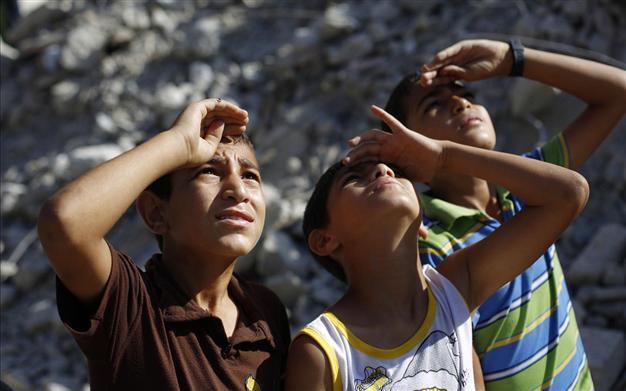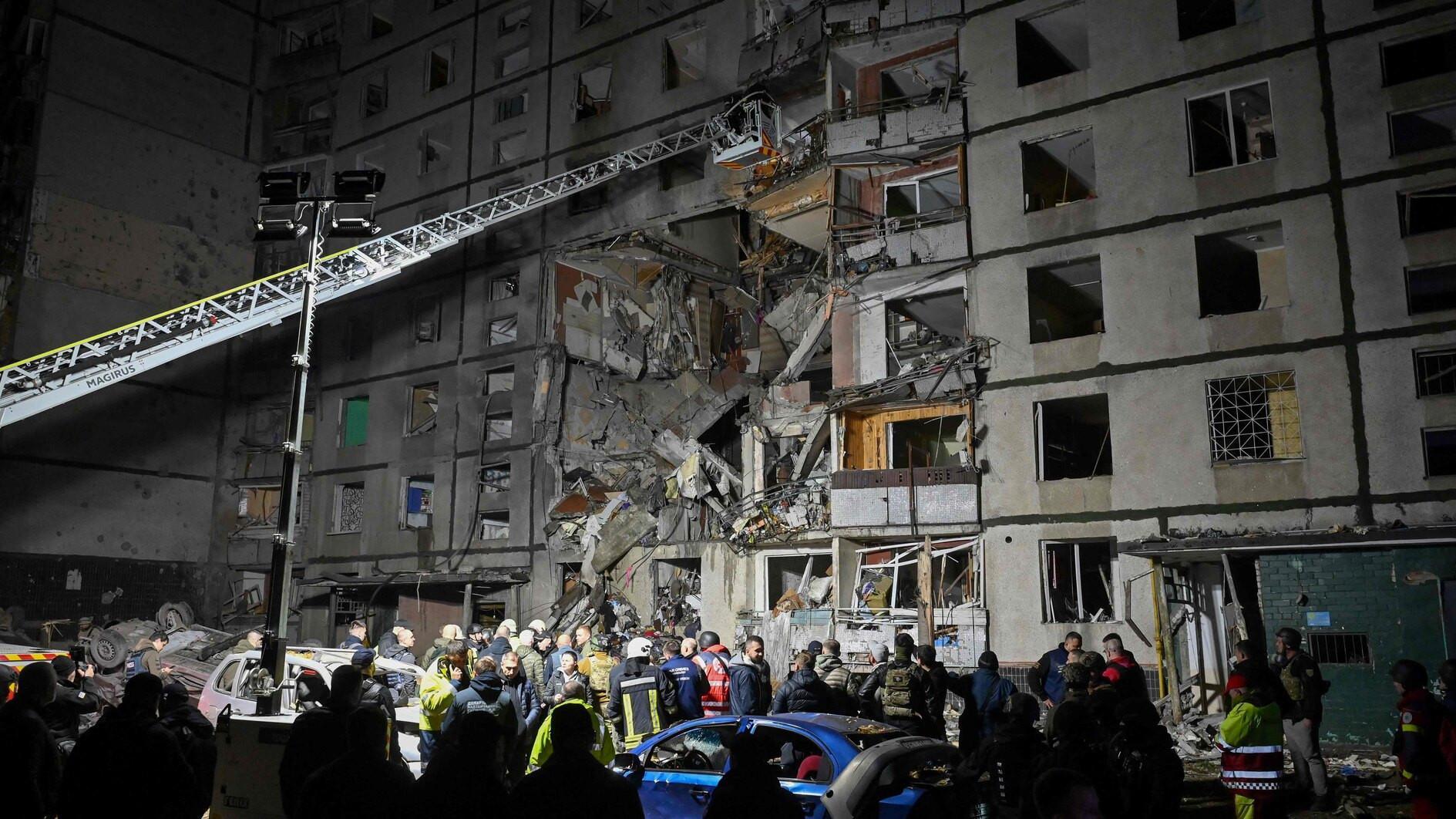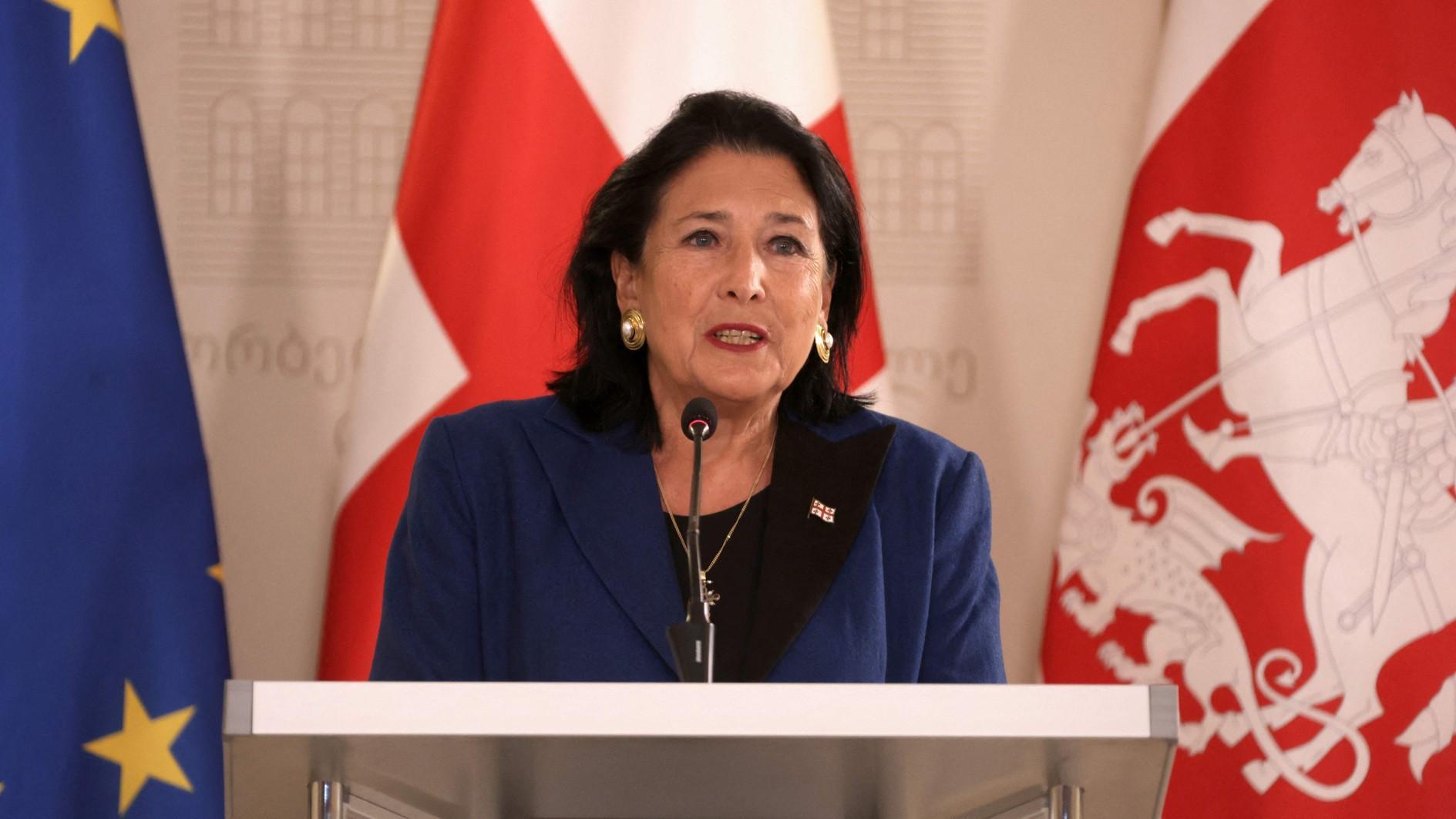Israel withdraws Gaza troops as 72-hour truce begins
JERUSALEM - Agence France-Presse

Palestinian children look up at an Israeli plane in Beit Lahia in the northern Gaza Strip on August 4. AFP Photo / Mohammed Abed
Israel on Aug. 5 completed the withdrawal of all troops from Gaza as a 72-hour humanitarian truce went into effect following intense global pressure to end the bloody conflict.Just minutes before the ceasefire took hold, Israel's military and Hamas both engaged in shows of firepower, seemingly determined to have the last word on the 29th day of their hostilities.
Sirens wailed in Jerusalem and Tel Aviv and central and southern Israel as Hamas fired a last barrage of 16 rockets over the border, one of which hit a Palestinian home near the West Bank city of Bethlehem, causing damage but no injuries, witnesses said.
And in Gaza, Israeli warplanes staged at least five air strikes, none of which caused death or injury, before the truce took hold and the skies fell silent, AFP correspondents said.
Israel also announced that all of its troops had withdrawn from the Gaza Strip after completing a mission to destroy a sophisticated network of cross-border attack tunnels, ending a ground operation which began on July 17.
A spokesman said troops would maintain a defensive position outside the Gaza border and would respond forcefully to any violation of the truce, which was announced by Egypt late on Aug. 4.
It was the second time in four days that the two sides had attempted to observe a 72-hour humanitarian truce deal, with the last attempt on August 1 - brokered by Washington and the UN - shattering in an explosion of violence within just 90 minutes.
The breakthrough emerged in Cairo where Palestinian and Egyptian mediators had been discussing a ceasefire with representatives of Hamas and Islamic Jihad, although Israel was not present.
However, it would send a delegation to Egypt in the coming days, an official said. The agreement by both sides to hold their fire for three days was hailed by both the United States and the United Nations. Both said the onus was on Hamas to uphold its end of the deal.
U.N. Secretary General Ban Ki-moon urged both sides "to commence, as soon as possible, talks in Cairo on a durable ceasefire." And Deputy National Security Adviser Tony Blinken said it was "a real opportunity." "We strongly support the initiative," he told CNN.
Images of the bloodshed - which has cost the lives of more than 1,800 Palestinians and 67 people on the Israeli side, most of them soldiers - have triggered tensions across the region and earned the Jewish state increasingly harsh criticism for the high number of civilian casualties.
Israel and Hamas, the defacto power in Gaza, separately confirmed to AFP they would abide by the new 72-hour ceasefire which emerged from two days of Egyptian and U.S. mediated talks in Cairo.
Hamas spokesman Sami Abu Zuhri said a delegation of the Islamist movement's Gaza-based leaders would head to Cairo on Aug. 5 to join representatives of its exiled leadership who are based in Egypt and Qatar.
And Israel said it would also send a delegation to the Egyptian capital after earlier refusing to join the talks, an official told AFP on condition of anonymity. He said Monday's agreement was very similar to an earlier proposal by Egypt which had been accepted by Israel but rejected by Hamas.
Hamas' exiled deputy leader Mussa Abu Marzuk had said Aug. 4 that the new proposal would involve a withdrawal of Israeli troops from Gaza.
The ceasefire comes after Israeli forces largely observed a unilateral seven-hour pause in their offensive on Aug. 4, which was not reciprocated by Hamas, which fired 42 rockets over the border, the army said.
Late on Aug. 4, Israeli Prime Minister Benjamin Netanyahu said there would be no end to the Gaza military operation without first ensuring "quiet and security" in Israel "for a prolonged period."
UN denounces Israeli 'criminal act'
Israel began its military operation against rocket-firing militants on July 8, and nine days later sent in ground troops to destroy the network of sophisticated attack tunnels.
The truce announcement came after international outrage grew over an Israeli strike near a U.N. school on Aug. 3 that killed 10 people, denounced by the U.N. as "a moral outrage and a criminal act", with the United States saying it was "appalled."
"How many more deaths will it take to stop what must be called the carnage in Gaza?" French Foreign Minister Laurent Fabius asked on Monday several hours before the truce was announced, as Britain said it was reviewing licences to sell arms to Israel.
The violence also spread to Jerusalem on Aug. 4 where one Israeli was killed and five hurt when a Palestinian rammed an earthmover into a bus before being shot dead by police.
And shortly afterwards, an Israeli soldier was shot and seriously wounded in a drive-by shooting in a nearby neighbourhood. The shooter fled and police are still combing the area, triggering clashes in several neighbourhood across the annexed eastern side of the city.
















